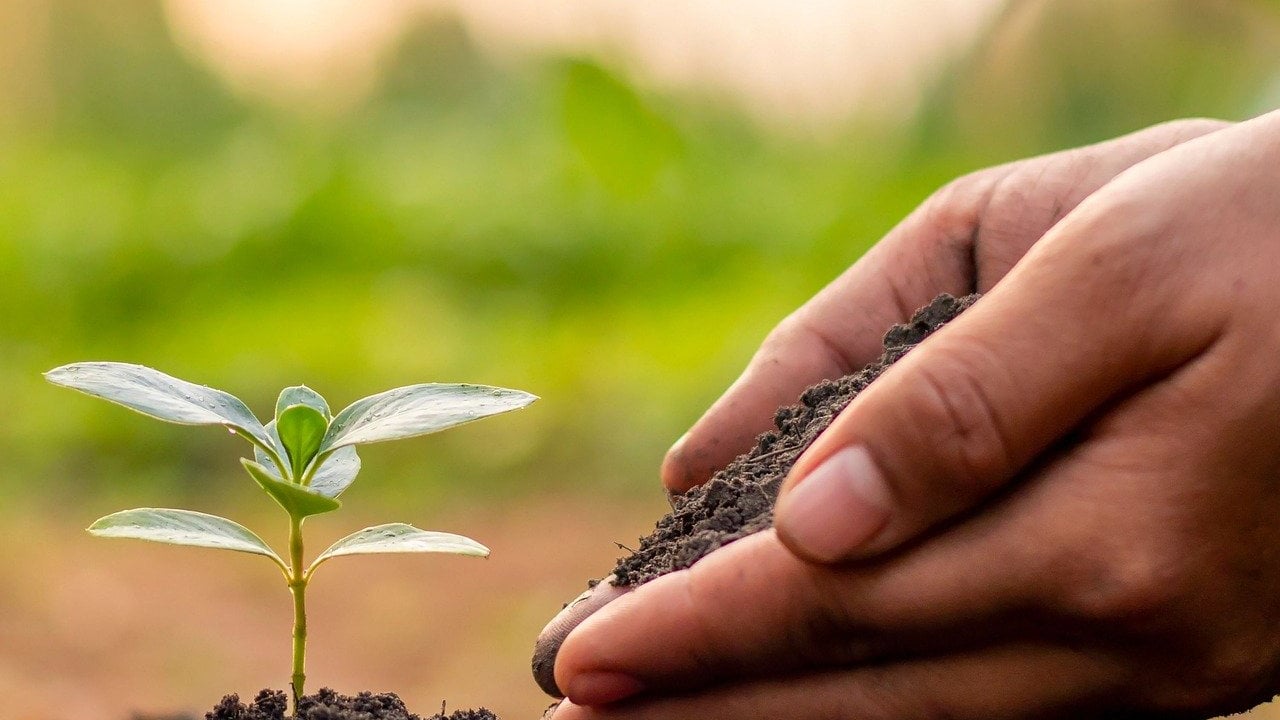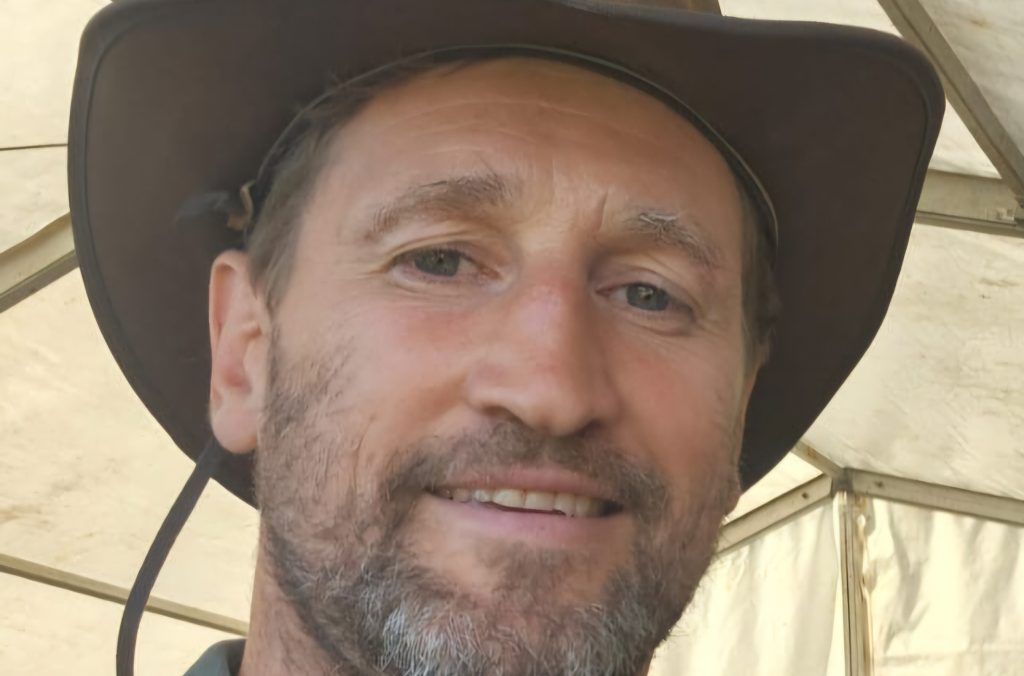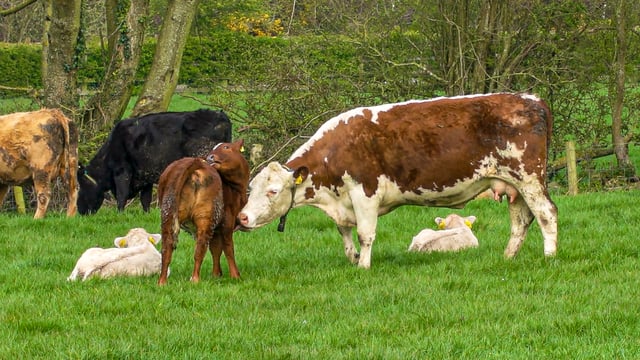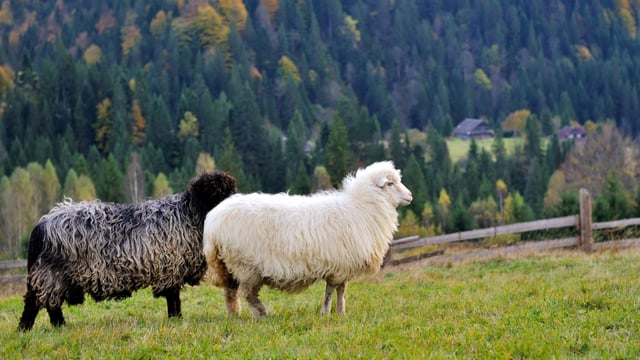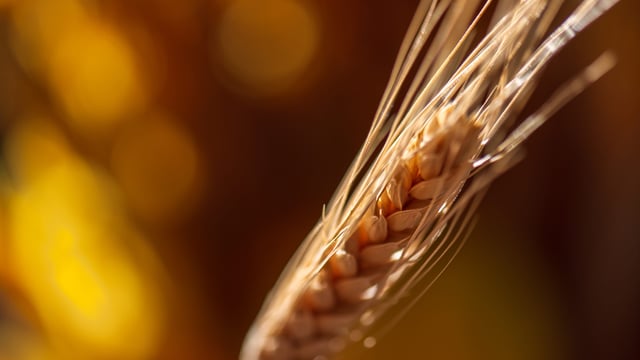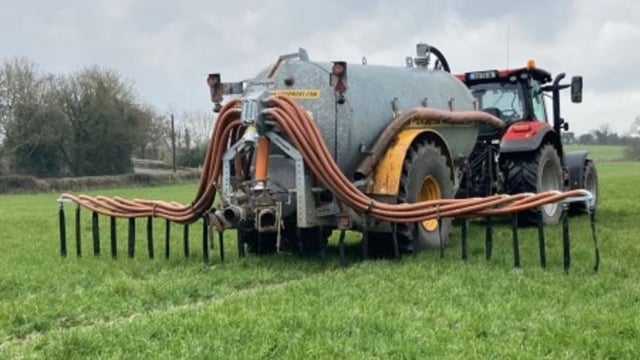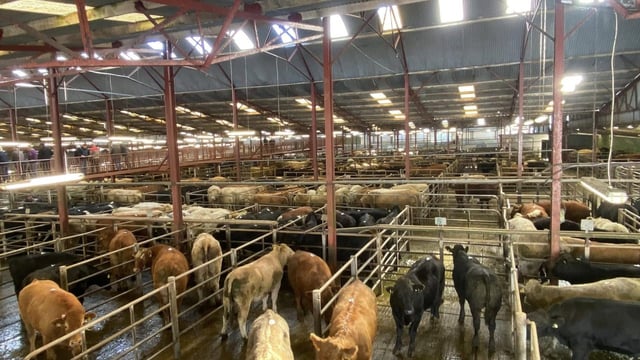Regenerative agri advocate highlights importance of livestock integration
A regenerative agriculture advocate and trainer is highlighting the vital importance of livestock integration for improved soil health, among other benefits.
Sam Fuller engages with farmers promoting 'holistic management' principles across Ireland.
He is taking part in the 'Meat in the middle - plants, animals and the future of food' panel discussion at the Climate Carnival event in Ballintubbert House, Stradbally, Co. Laois, on Tuesday (September 30).
GIY founder Mick Kelly will host the panel, with former Minister of State at the Department of Agriculture, Food and the Marine Pippa Hackett, and environmental journalist John Gibbons both taking part alongside Sam Fuller.
According to Fuller, the panel will explore the "growing split between those who favour plant‑based diets and those who champion regenerative farming with animals".
Fuller says that how animals are managed matters for "building soil, encouraging biodiversity and maintaining a living, working landscape".
Interest is growing in regenerative agriculture and holistic management practices, according to Fuller.
Fuller was raised on a mixed farm in Tallow, Co. Waterford, with tillage and poultry production.
The oldest son in the family took over the family farm while Fuller himself pursued a career as a geologist and then as a log home builder.
Eventually, he came back to farming, as he "missed being in contact with animals".
Working with nature
"I worked on a traditional dairy farm for about six months, and then I got a chance to work on a dairy farm that was going down the regenerative agriculture route," he says.
"I was lucky enough to do training on their farm and this opened my eyes to what is possible and now I can't do it any other way."
He did training with 3LM, part of the Savory Institute, and eventually went on to become a director with 3LM focusing on establishing an Irish presence for the UK-based company.
3LM, Land and Livestock Management for Life, is the local 'Savory Network hub' in the UK and Ireland focused on educating farmers in holistic management, a "decision-making and planning framework".
3LM and the Savory Institute are providing holistic management courses through the National Organic Training Skillnet, aimed at helping farmers to adopt a "whole system approach to resource management" giving them "management tools to understand nature and work with it".
Courses cover topics such as financial planning, planned grazing and ecological monitoring and land planning.
The Savory Institute is a global non-profit focused on regenerating the world's grasslands through properly-managed livestock and holistic management.
The institute says that livestock "must be managed as an integral part of the wider ecosystem".
Holistic approach
Sam Fuller told Agriland that the traditional model of agriculture most farmers utilise has yields as the key focus.
He said a holistic approach involves "stepping back and looking at all of the things on the farm that are interacting - the people, the animals, the biology, the water".
Holistic management uses a decision-making process to help ensure that the actions taken to restore land and livelihoods are ecologically, socially and economically sound.
The aims of holistic managment of farmland are to regenerate soil, increase profits, increase biodiversity and mitigate flood, drought and climate change.
On this path, the farmer thinks profit per acre, rather than just yields, Fuller says.
"It can be a great labour-saving and it involves reducing inputs and reducing costs, that's why it's so valuable for farmers these days."
Farmers are encouraged to look into the principles of holistic management and holistic planned grazing, an approach to livestock grazing rotation as part of regenerating land, a planning process for integrating livestock production with crop, wildlife and forest production.
"As a system, it's an environmentalist's dream. That kind of farming is the best ally that the environmental movement can have," Fuller says.
A key problem is human health, Fuller says, and he wants to see "as much nutrients" in the soil so that "food is more nutritious, animals are healthier and humans are healthier".
He is highlighting that livestock farmers have a vital part to play in being part of an environmental solution.
He says that the microbiome in the soil is "at the heart" of the environment's health and holistically-managed ruminant livestock can be part of the solution to degradation.

